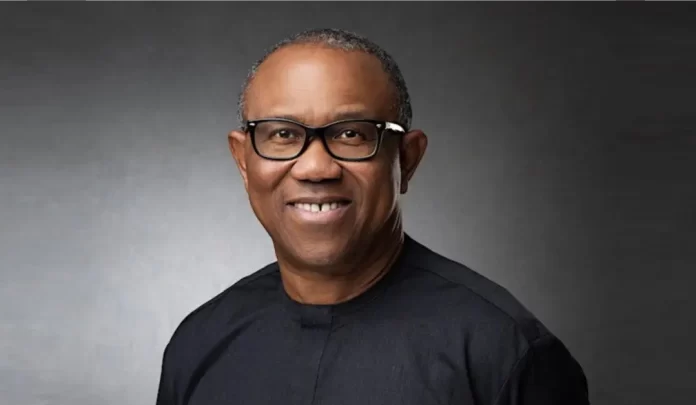When I was a sophomore at the University of Ibadan, my very close neighbor and friend off campus where I was living then once commented frankly that he believed the best thing that had ever happened to me was that I could speak the English language with profound ease. It was a compliment, but an embarrassing one at that, I must say.
We were a group of eight boys at the backyard chatting away our time when I quietly excused myself to pick my mom’s call. I spoke Ikale very delightedly and delightfully with her on phone that day and a few of them noticed this. It was after the call ended that this close neighbour of mine made the comment. I’d switched to English immediately after the call, and he looked at me for a moment wondering in awe why there was no mother tongue’s interference in my spoken English before he made his comment.
I took his comment that day in good faith and it comforted me in some way; in that it made me realize how well I’d perfected my spoken English to a point where no one would know where I came from or saw the Ikale in it. No, I was not speaking like a native speaker, and I certainly was not ‘faking’ a British accent. My voice was still unique in its way. I was just speaking with every consciousness of the correct stress placement, rhythm and intonation.
ALSO READ: Idris Elba, Mo Abudu collaborate to structure storytelling in Africa

When I was growing up, my parents never spoke English with me. They did not understand a significant amount of it hence the reason. I learnt and used the English language largely in school. It never bothered me that my parents did not speak it; and I had always done well in the English language. I had a distinction in my O’levels English language. Even at the University, I have always performed incredibly well in the English courses I took as electives from the department of English. I am driving at a particular truth.
It is possible that your children know and become better at the English language, even without you speaking the language with them in the earliest years of their lives. The general idiosyncrasy among ‘educated’ parents of only allowing their children speak English and banning them from speaking their indigenous languages is not only ridiculous but also distasteful.
Language and culture are two sides of the same coin; they are inseparable. When parents forbid their children from speaking their mother tongue just because they believe the language is crude, unpolished, and unsophisticated, they are not only depriving the children of the beauty that lies in their culture but also taking their cultural heritage and identity away from them. Leaving them with no place and people the children can proudly and gladly call their own.
ALSO READ: Ushering in a new era in Black History and Consciousness
The fact that the parents are going to leave them with no roots, no source, no cultural foundation, and no cultural values that can better their lives portends some fears in my heart about how these kids would turn out later in life. These children would imbibe foreign, extraneous values and would not be able to make meaningful interpretations of the world they live in.
Funnily enough, acquisition of a foreign language becomes easier when one is highly proficient in one’s first language. It has also been studied and tested that children, at their earliest development and during their formative years, have the innate, uncanny ability to learn and use multiple languages and become proficient in them within a considerably short period of time. It makes sense, then, for parents to speak English and their native languages with their kids while at home and every other place they are.
I must suppose that one of the fears of parents is that the child might never get to speak the English language well, or English is noble enough for them, but this is a spurious belief. There is no doubt about this: English language is a noble language. However, what I believe is nobler is one’s child’s ability to use their native language well and speak it proudly among their common folks.
Anyone who has ever met me or students I have ever taught will agree to this truth: unless I tell them where I come from, they will never know that I’m from Ondo State. Most of them thought and believed I was Igbo or Edo or something else, but certainly never anything that looked like Ondo. My spoken English has never betrayed my identity. This is the level of competency I have attained in the English language and can be attained by anyone.
ALSO READ: Will Labour Party, ‘a new dolphin’ break Lagos Gubernatorial polls record?
When I walk on my university campus with my people from my town, I always speak Ikale, my native language, with them. I speak it everywhere; in the hostels, in the cafeterias, in class and everywhere I meet them. I wouldn’t know what shame is there in our speaking our native languages among our people. I have also resolved that my kids must learn my native languages first before any other language, and I will speak more of my native languages with them and less of English and French that I know and use almost often.
In no uncertain terms, I know that the ability to use the English language effectively in both written and spoken situations is an invaluable skill. However, encouraging our children to see the pride in our native languages, and more importantly teaching them, is one of the best ways to preserve our cultural heritage and identity, and to advertently put them in a world of polyglots.







